Observers pin high hopes on pooling unity, wisdom at upcoming leaders' meetings
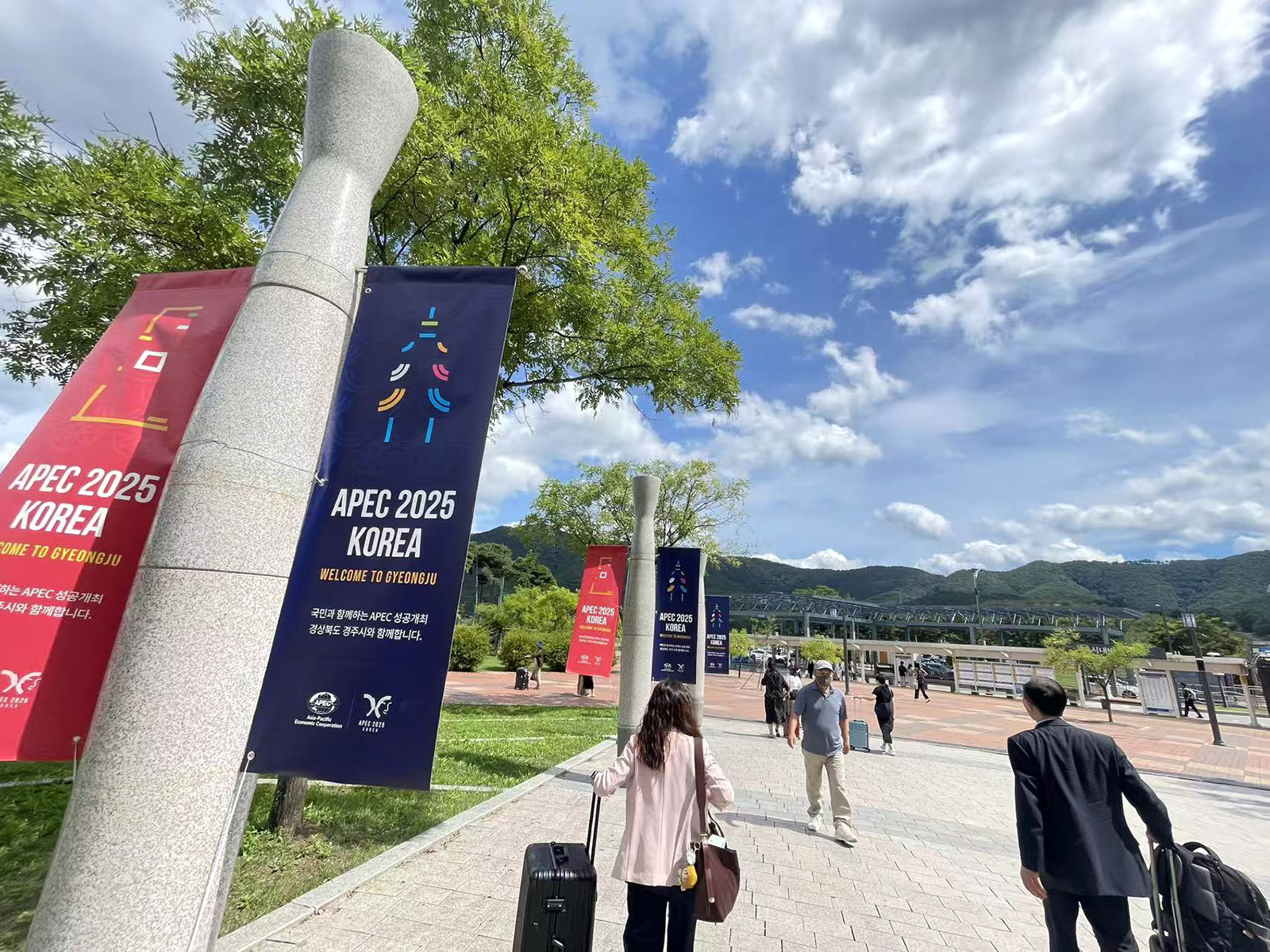
With the Republic of Korea due to host the annual Asia-Pacific Economic Cooperation Economic Leaders' Meeting this week, followed by China next year, officials, scholars and business leaders have voiced high hopes that the success of both events will boost the region's free trade, growth and governance.
The ROK's southeastern city of Gyeongju — once the capital of the ancient Silla Dynasty on the Korean Peninsula — will host the annual meeting on Friday and Saturday, which will focus on areas such as sustainability, digital transformation and trade cooperation.
Park Jang-ho, director of the APEC Preparation and Support Office, said Gyeongju was chosen as the host city because of its cultural and historical strengths as well as its hotels and exhibition facilities.
READ MORE: Trip to give momentum to cooperation
The ROK is expected to present its strengths in cutting-edge technologies, and "executives of many leading enterprises in APEC member economies, such as Tesla CEO Elon Musk, will attend the relevant APEC events", he told China Daily. Park said China and the ROK enjoy a profound history of exchanges, adding that the ROK attaches "great importance "to China.
"It will be greatly significant to have the APEC meeting convened in Gyeongju, and as China will take over the APEC presidency next year, the interactions between the two countries will be even more frequent, giving a further boost to bilateral ties," he said.
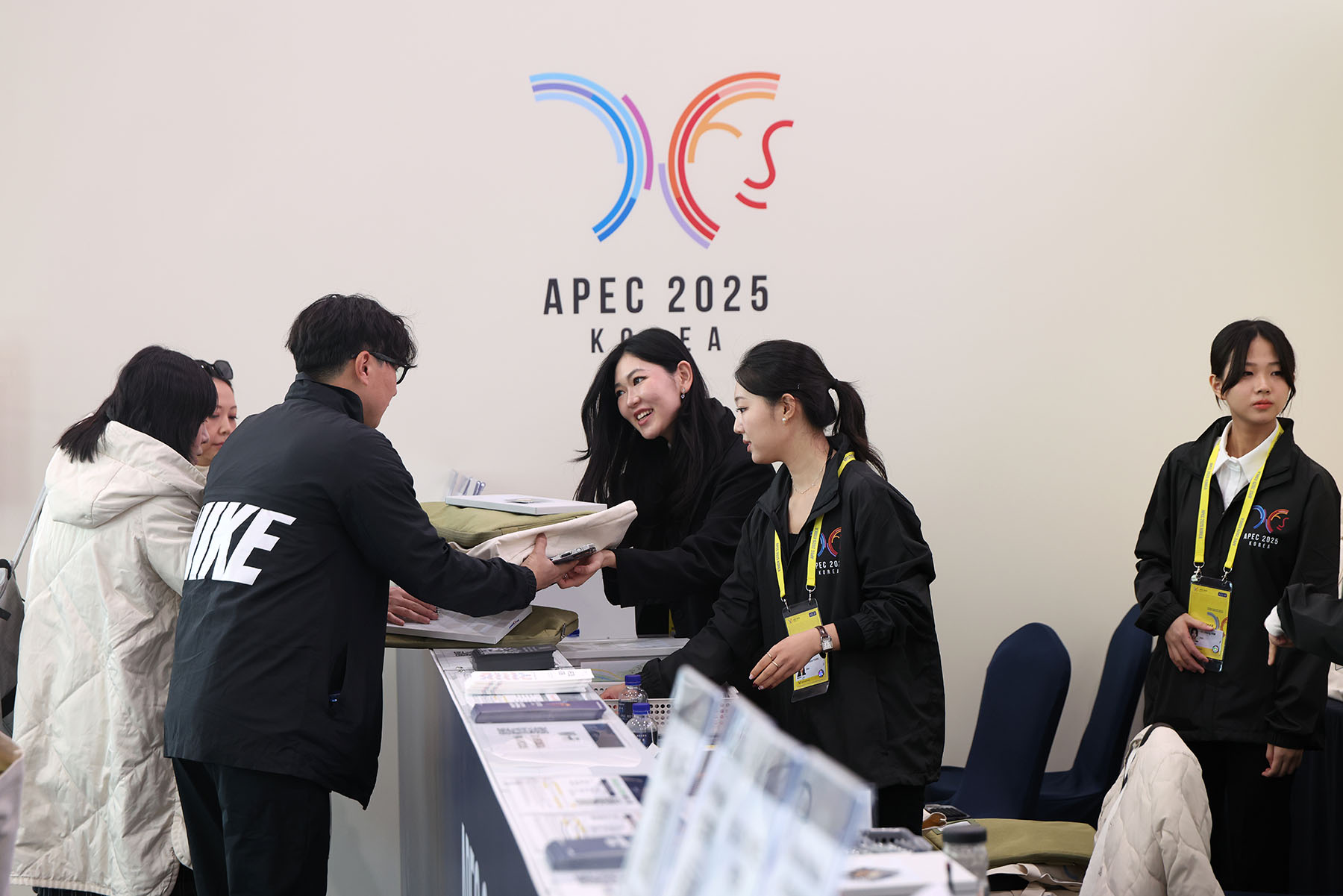
The two nations have seen a slew of important official and subnational exchanges in recent months covering key topics including APEC and bilateral cooperation.
During a phone conversation with his ROK counterpart Cho Hyun on Oct 7, Foreign Minister Wang Yi expressed hope that the two sides will support each other and "further build consensus among various parties".
The two countries are expected to strengthen solidarity and cooperation, safeguard the international trading system, uphold the concept of multilateralism, advance the process of building a free trade area in the Asia-Pacific region, and make positive efforts toward building an Asia-Pacific community, he added.
Cho said the ROK looks forward to the opportunity of hosting the APEC Economic Leaders' Meeting to promote high-level exchanges between the two countries and deepen exchanges and cooperation.
Seoul attaches great importance to and will spare no effort in developing relations with China, Cho added.
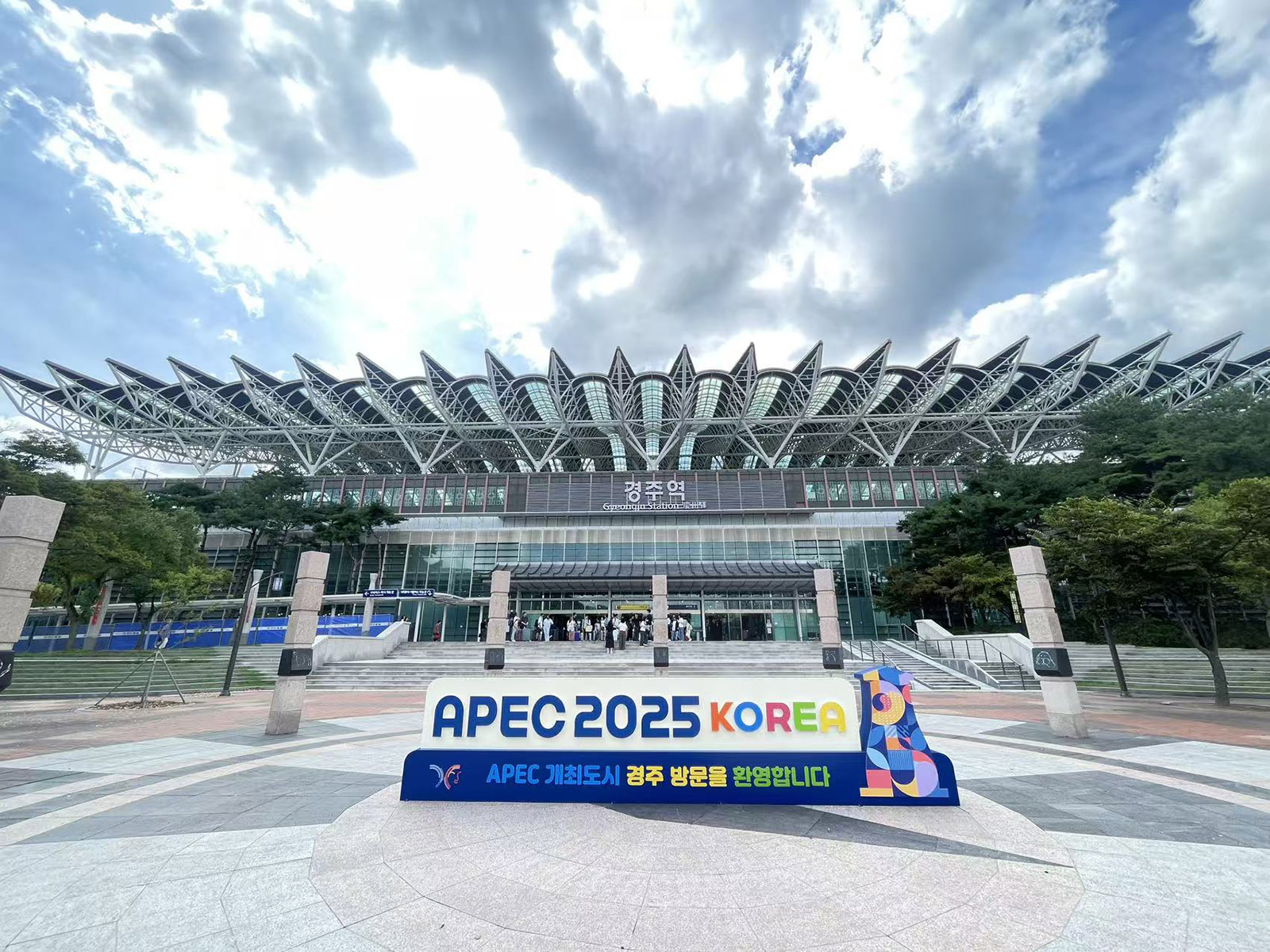
Boosting regional growth
Beijing places great emphasis on APEC cooperation, Foreign Ministry spokesman Guo Jiakun told reporters earlier this month. "We stand ready to work with other parties at this year's meeting to produce positive outcomes and contribute to the economic growth of the Asia-Pacific and the wider world," he added.
The significance of Asia-Pacific cooperation is reflected in statistics released recently by the General Administration of Customs. China's trade with APEC economies totaled 19.41 trillion yuan (about $2.7 trillion) in the first three quarters of this year, a 2 percent year-on-year increase.
Combined trade with fellow APEC economies accounts for nearly 58 percent of China's total foreign trade, Lyu Daliang, spokesman for the GAC and head of its department of statistics and analysis, said on Oct 13.
According to Lyu, China's imports and exports of high-tech products with other APEC economies in the first three quarters both exceeded 2 trillion yuan, up 7.9 percent and 12 percent, respectively.
APEC is an important platform for regional economic cooperation, and "at present, Asia-Pacific cooperation is also faced with challenges such as geopolitics, unilateralism and protectionism", he said.
"Building consensus among various parties and deepening cooperation in various fields is conducive to jointly addressing regional economic challenges and making the Asia-Pacific region more prosperous."
Lee Jae-woong, spokesman and deputy minister for public affairs of the ROK's Ministry of Foreign Affairs, said APEC economies face similar economic challenges.
"The ROK will make the APEC event a success, so will China," he told China Daily. "China will build on the achievements of this year's event and make its original contributions next year," he added.
Liu Chenyang, director of the APEC Study Center of Nankai University in Tianjin, said areas for cooperation have rapidly expanded from traditional ones such as trade and investment liberalization and facilitation, economic and technological cooperation to include areas based on high-quality growth, such as the digital economy, innovation, and green and low-carbon development.
Small and medium-sized, and developing economies urgently need to build development momentum through regional cooperation while seeking opportunities to narrow development gaps and bridge the digital divide, Liu said. "APEC has a significant strength in this regard," he said.
Chinese Ambassador to Singapore Cao Zhongming said Beijing is looking forward to strengthening coordination with various parties to "jointly advance open regionalism and create an East Asian Moment for APEC".
"As long as we uphold the principles of mutual trust, mutual benefit and win-win cooperation, deepen cooperation, and jointly address challenges, we will surely drive regional cooperation to new heights and make a greater contribution to peace and prosperity in Asia and beyond," Cao said when addressing a symposium in Singapore last month.
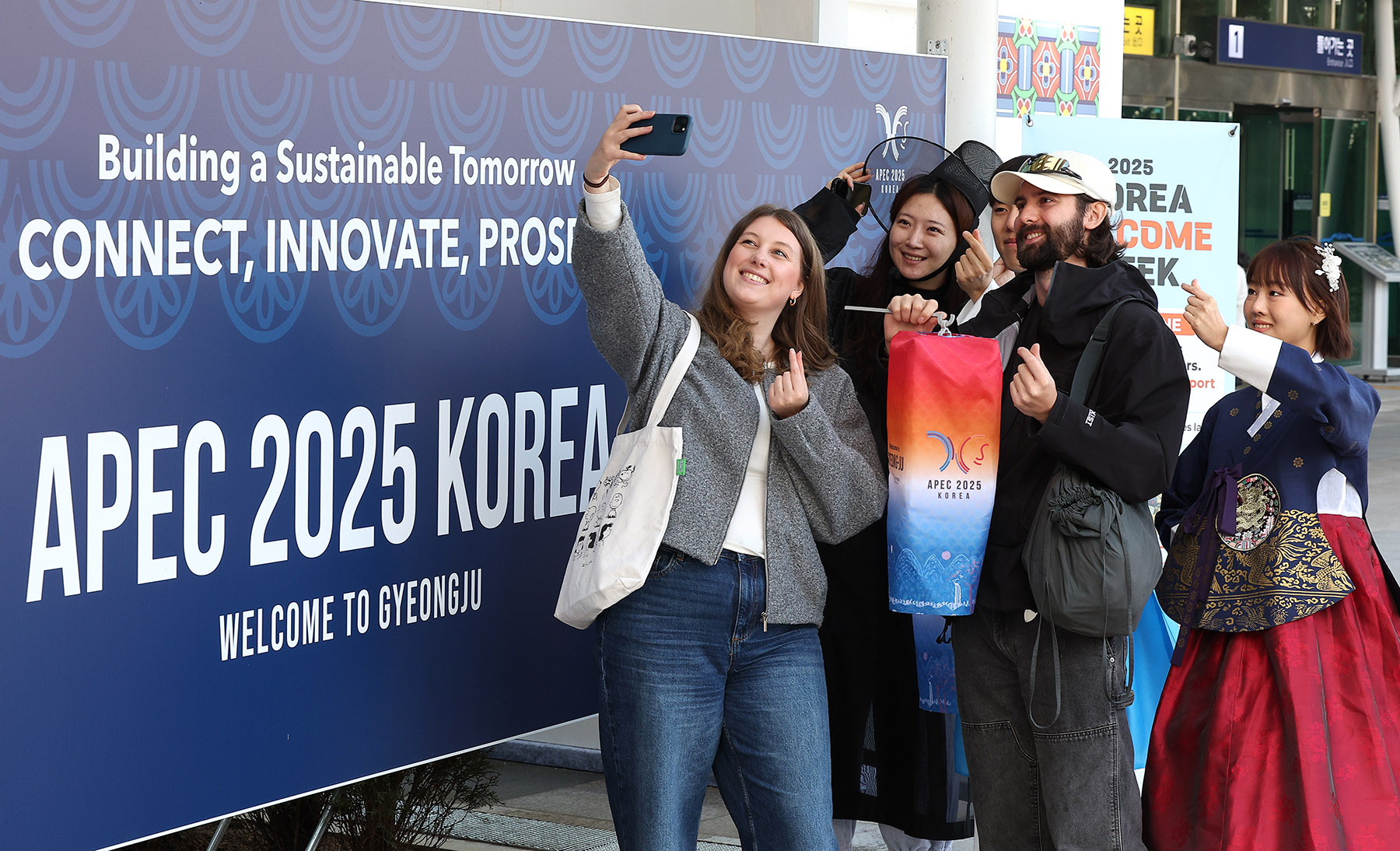
Trilateral cooperation
Officials from both countries have underlined the role China-Japan-ROK cooperation plays in the Asia-Pacific region and the urgent need to strengthen trilateral cooperation given the impact of negative factors such as the tariff war on global trade.
The combined population of the three countries accounts for one-fifth of the world's total, while their combined economic output constitutes one-quarter of the global total.
Last year marked the 25th anniversary of the establishment of China-Japan-ROK trilateral cooperation, and next year will be the 15th anniversary of the establishment of the Trilateral Cooperation Secretariat.
"As important economies in Asia — China, Japan and the ROK are geographically close, culturally connected and economically complementary, long playing a unique and crucial role in regional cooperation," Cao said.
Yan Liang, deputy secretary-general of the Trilateral Cooperation Secretariat, said trilateral cooperation "is not exclusive, as we subscribe to openness and we work with fourth parties including Southeast Asian countries and international organizations such as the United Nations".
"We have arrived at a lot of successful practices that should and could be spread to reach more neighboring countries and the rest of the world, bringing benefits to more ordinary people," he added.
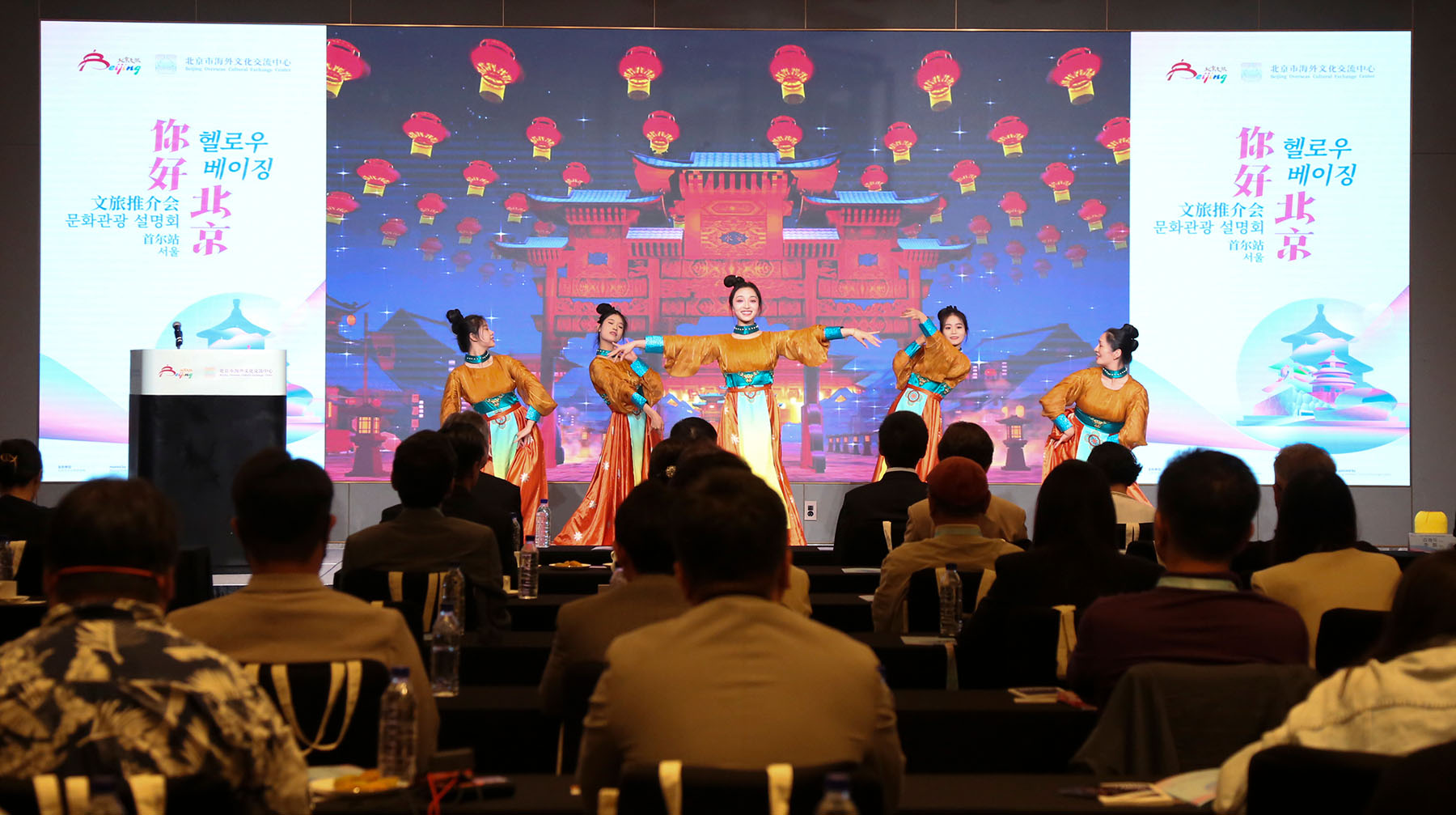
Bonds deepened
China and the ROK established diplomatic relations in 1992, and this August marks the 33rd anniversary of diplomatic ties.
Analysts said economic and trade cooperation has served as an anchor in stabilizing bilateral relations, as annual two-way trade volume has surged more than 60-fold over the course of the past 33 years.
Last year, annual bilateral trade reached $328.08 billion, up 5.6 percent year-on-year, according to the Chinese Foreign Ministry.
China has been the ROK's largest trade partner for 21 consecutive years, while the ROK now ranks as China's fifth-largest trade partner.
As part of recent frequent high-level interactions between the two countries, ROK President Lee Jaemyung sent a group of special envoys to China in August led by former National Assembly Speaker Park Byeong-seug for a four-day visit.
Last month, ROK National Assembly Speaker Woo Won-shik traveled to China to attend events marking the 80th anniversary of the victory in the Chinese People's War of Resistance Against Japanese Aggression (1931-45) and the World Anti-Fascist War. Later in the same month, ROK Foreign Minister Cho Hyun made his first visit to China in his current capacity.
In recent months, Chinese officials have made clear on various occasions that both nations should strengthen joint research and development, and explore more cooperation in emerging sectors such as artificial intelligence, green development, high-end manufacturing, biomedicine and digital economy.
Wang Junsheng, a researcher at the Chinese Academy of Social Sciences' National Institute of International Strategy, said deepening economic and trade cooperation is one of the priorities set out by the current ROK administration for its engagement with China.
"China has maintained its status as the ROK's largest trade partner for over 20 consecutive years. This role is irreplaceable for the ROK economy, and deepening China-ROK economic and trade cooperation is also a practical need of the ROK in realizing further domestic economic development," he said.
"In terms of industrial chain and supply chain security, the ROK relies heavily on China. It is highly dependent on the Chinese market for key minerals like rare earths, and China is also the largest market for the ROK's chip industry," he added.
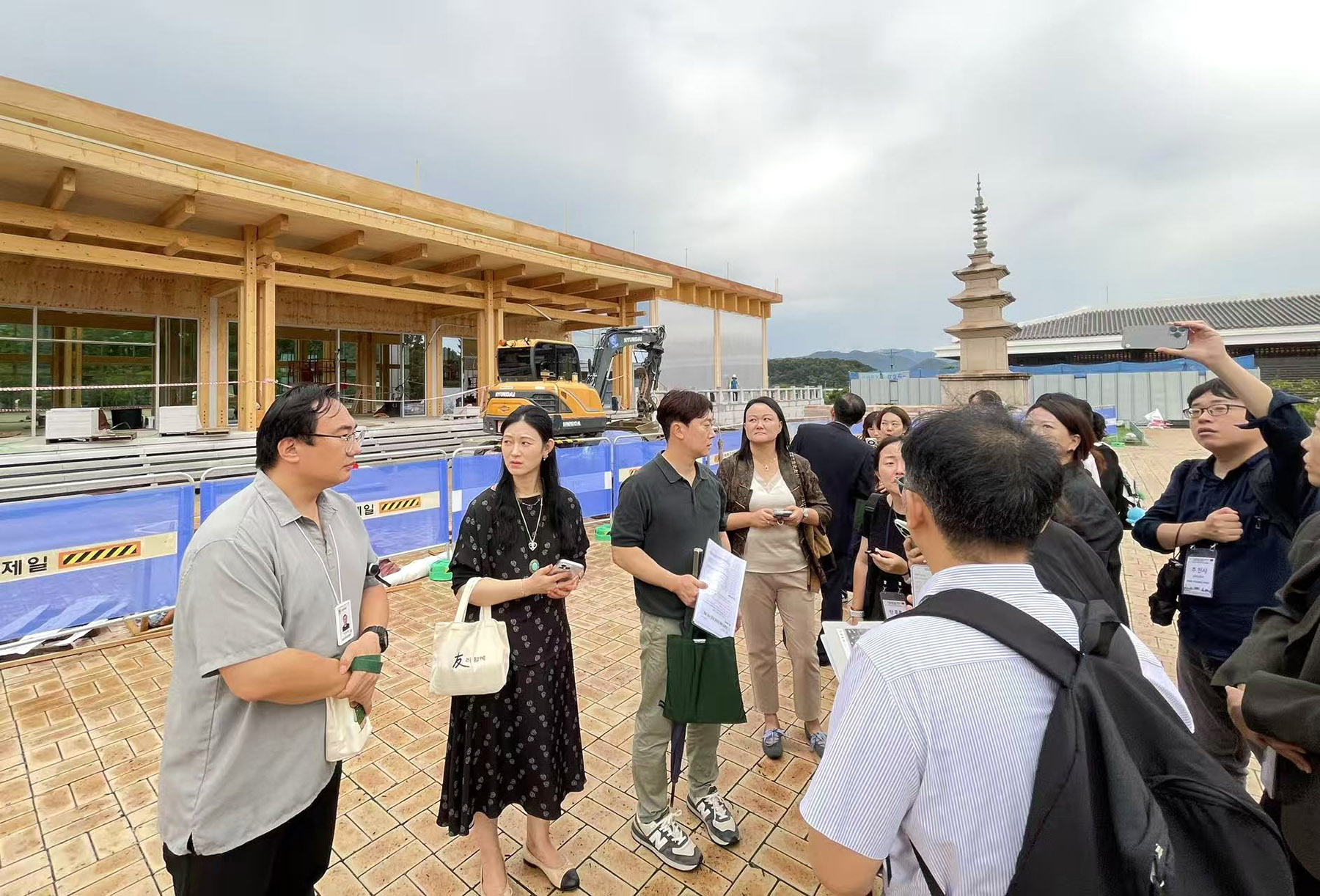
Exchanges important
The ROK's Jeju Island is a popular vacation destination for Chinese tourists. Last year, over 1.5 million Chinese tourists visited Jeju, accounting for more than 80 percent of all foreign visitors to the island.
The ROK implemented a 15-day visa-free policy for Chinese group tours starting from Sept 29. The move is seen as a positive response to China's unilateral visa exemption for ROK visitors introduced last November and valid until the end of this year.
As part of bilateral joint efforts to boost media exchanges and mutual understanding between the two nations, a Chinese Foreign Ministry journalists' delegation visited the ROK from Sept 15 to 18 at the invitation of the ROK Ministry of Foreign Affairs.
The trip, which took reporters from leading Chinese media outlets to cities including Seoul and Gyeongju, was the first of its kind in five years and another major step for China-ROK public diplomacy. An ROK Ministry of Foreign Affairs' delegation of journalists visited China in November last year after being invited.
ALSO READ: Wang calls on China, ROK to stick to direction of good-neighborliness
Lee Hee-ok, director of the Sungkyun Institute of China Studies at Sungkyunkwan University in Seoul said, "People around my age in the ROK got to know about China through books, novels and movies."
"Young people these days get to know China mainly through the internet and games, which makes them less likely to perceive the reality about China," he told Chinese reporters when highlighting the need to scale up visits between the nations.
Yook Dong-han, mayor of Chuncheon, is a frequent visitor to China. His city has maintained contact and exchanges with many cities in China.
His surname, Yook, reflects the long heritage of his ancestors who migrated from eastern China's Zhejiang province to the Korean Peninsula, he said. "Half of my blood is from China," the mayor said with a smile.
Last year and this year, he traveled to the coastal city of Dalian in northeastern China's Liaoning province. "The great development in Dalian amazed me," Yook said.


